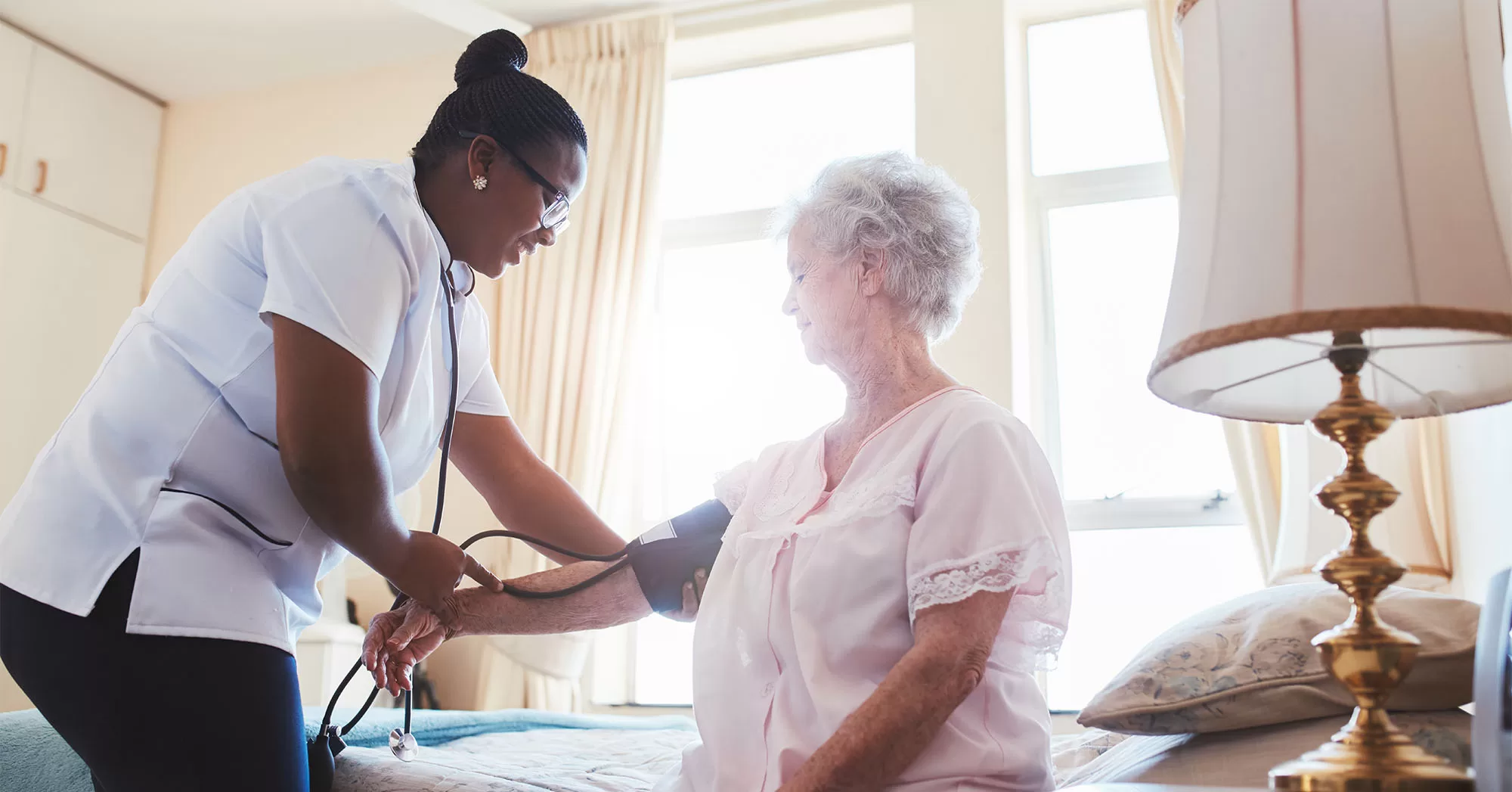Learning that a loved one has been diagnosed with a serious illness like breast cancer is always heartrending. You want more details, answers, and of course ways to show your support and assist, but it is never easy, especially on the patient whose own mind and emotions are reeling from such heavy news.
How do they feel?
There’s no right or wrong way to feel after a diagnosis of breast cancer.
Your loved one will probably go through many emotions, from fear, shock, and anger to disbelief, sadness, and numbness. The days and weeks immediately after a diagnosis can be particularly emotional and feel overwhelming.
It’s normal to feel overwhelmed when you’ve been diagnosed with cancer and it can be hard to think straight or carry out normal everyday activities. Some people have physical symptoms such as loss of appetite or difficulty sleeping.
Many people start to feel a bit calmer or less anxious once they have been told about their treatment plan and the way forward.
What kind of support do they need?
People with any type of cancer need emotional support and compassion. As a family member, friend or even an employee or home health aide who has worked with the patient for a long time, you may also be experiencing a range of emotions.
When offering support, it is best to be patient, put the person first, and exercise empathy.
You can be emotionally supportive without being overbearing by following these steps:
Listen with empathy: Consider how the other person may be feeling, and listen for the specific words that they use to describe it. Remember that people can have different reactions to the same events, so try to understand their perspectives. It is better to avoid phrases like “I know how you feel…” because even if you have been seriously ill before, their journey would be different.
Listen without judgment or interruption: Sometimes just being heard makes a person feel supported. Do not tell the other person how they should feel. Do not argue against their way of thinking or diminish the severity of their problems.
Offer compassion and reassurance: Depending on the situation, you can remind the person that they are loved or praise their ability to get through difficult times – whichever is appropriate for the situation and your relationship.
Be honest: Even when a person is unsure how to react to bad news or difficult feelings, it is still possible to be supportive. A person might say, “I want to make it better and provide the right support, but I am not sure what to say. I am still here to listen, though, and I want to continue talking.”
Ask what they need: This allows the person in need to be in control of the kind of help they get. A person may just want to talk, or they may want advice or material support. Others may want a distraction and to change the topic of conversation. Follow their lead.
How can you help?
Encouragement and popping in, when help is needed, are wonderful ways to support a friend or family member fighting cancer. If your loved one needs more support, you can discuss the possibility of enrolling in CDPAP, the Consumer Directed Personal Assistant Program with True Care.
If your loved one needs assistance every day and is enrolled in Medicaid, CDPAP could be a viable option for you to provide hours of assistance and be compensated for providing care.
You can assist with a wide range of activities such as personal hygiene, transfer, food preparation, light cleaning, and of course companionship. CDPAP ensures that the loved one providing care does not have to choose between being there in challenging times and earning a living. CDPAP may just be the best solution for your family. If you want to explore your options with CDPAP, you can sign up here for CDPAP and a member of our True Care team will be in touch shortly.









